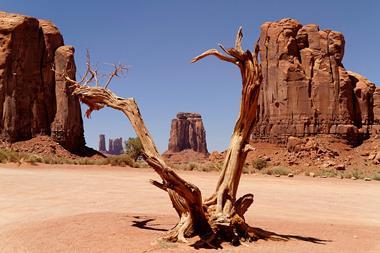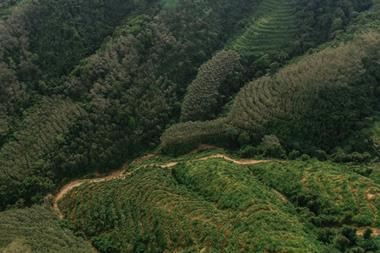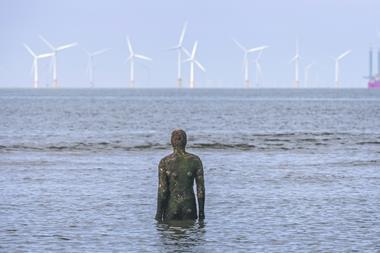The recent delay of the EU Deforestation Regulation has cast a shadow over Europe’s environmental ambitions, with critics warning that each month of inaction risks hundreds of thousands of hectares of degradation.
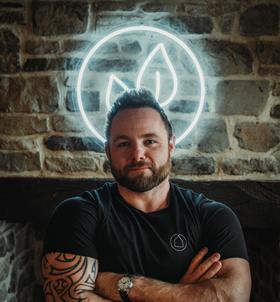
The introduction of a “no-risk” category has further diluted the directive’s intent, reflecting growing political caution over perceived economic disadvantages compared to the US and China.
For Rich Stockdale, CEO, Oxygen Conservation, the setback underscores a wider truth: “Regulation is helpful but always lags innovation. While the EU wrestles with process, the market is moving ahead regardless. Businesses and investors now recognise that our timelines extend far beyond election cycles and daily political undulations,” he said.
Stockdale argued that the debate should not be about levelling down standards to maintain competitiveness, but levelling up integrity and transparency across natural capital markets. “We need fewer regulations, but those that reward restoration. Clear, consistent frameworks combined with credible verification will unlock billions in private investment, it’s ready and raring to go. My hope is for UK and EU alignment on high-integrity, investable natural capital standards. That’s what will make protecting the planet more profitable than destroying it.”
Across the sector, natural capital is transitioning from a niche concern to a mainstream investment theme. Once viewed as a form of ethical diversification, nature-based assets now sit at the heart of institutional conversations about risk, resilience and return.
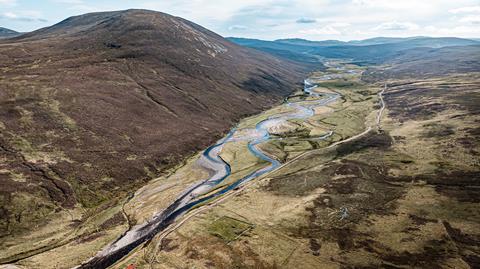
“At the IPE Real Assets Conference in Rotterdam earlier this year, natural capital wasn’t on the sidelines – it was centre stage,” said Stockdale. “Institutional investors increasingly view nature as infrastructure: foundational, productive, and resilient. Within five years, every major portfolio will include exposure to nature-based assets—through carbon, biodiversity, or ecosystem services. The question is no longer if nature belongs in a portfolio, but how much and how soon,” he said.
Oxygen Conservation is one of the UK’s most active natural capital investors, recently surpassing 50,000 acres under management following its acquisition of the Kinrara Estate in the Scottish Highlands. Yet, Stockdale insists the firm’s growth is driven by purpose, not scale.
“It’s never been about chasing acreage, it’s about impact and integrity,” he said. “By 2030, our goal is to manage 250,000 acres and £1bn in assets—creating the global benchmark for natural capital investment. The right land, in the right places, for the right reasons,” he said.
For now, Oxygen’s focus remains firmly on the UK, where it continues to prove and refine its model. But the ambition is global. “Natural capital is a global asset class. Scaling conservation means sharing what works. The UK is our foundation; the world is our opportunity,” Stockdale said.
This news briefing was published last week. If you would like to receive it regularly, on your ‘IPE Real Assets profile’, go to ‘My Newsletters‘ and select any from the list.
To read the latest IPE Real Assets magazine click here.





